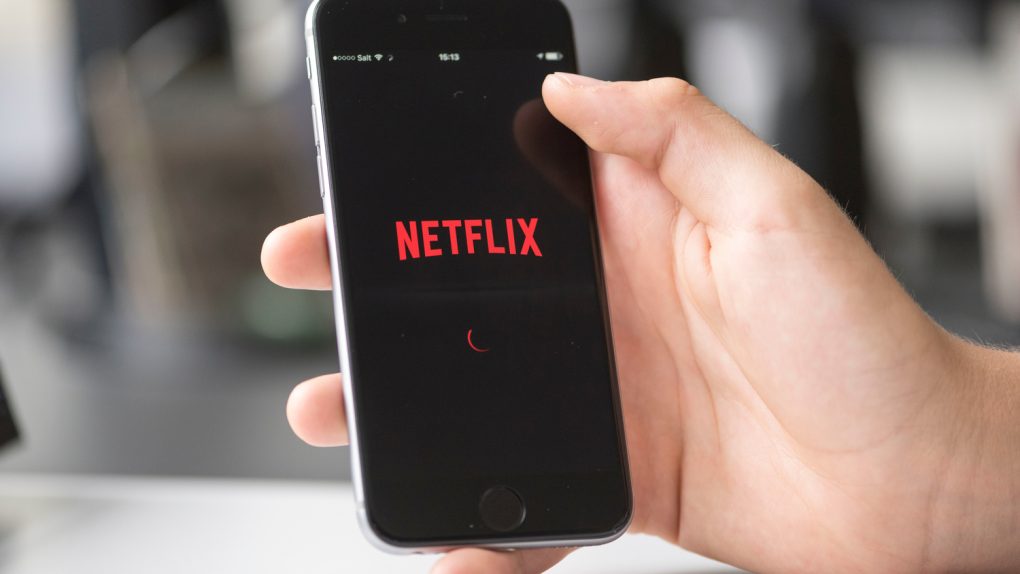We’ve still got a little more than four months left in 2019, and already Netflix has pulled the plug on two dozen shows this year — everything from The OA to Tuca & Bertie, the latter of which only got one season and both of which have been the subject of an online effort to save them.Here’s the thing, though, according to new data from Bloomberg: Netflix’s decisions like these seem to attract outsized attention, partly because of the streamer’s high-profile space in the entertainment landscape. When, in fact, the reality is that Netflix — with a 2019 content budget in excess of $14 billion — is actually very comparable to competitors when it comes to the rate at which it cancels shows.
Wait, what? How can that be? Surely the streamer is wielding its Grim Reaper scythe more often these days as new rivals like Disney+ begin to emerge. I mean, Tuca & Bertie was being talked about as one of the best TV shows of 2019 a few months ago before getting canceled. What’s going on? Well, per the Bloomberg data, it might come as a surprise that from 2013-2017, Netflix was actually pretty even with both CBS and HBO when it comes to the percentage of shows canceled before getting a fourth season.
“Of the English-language scripted programs that debuted on Netflix from 2013 to 2017, about 19% lasted more than three seasons,” the report notes. “That puts the company squarely in between CBS, the most-watched U.S. TV network, and HBO, the most-popular premium cable network.” Almost half of Netflix’s shows actually got a third season, which Bloomberg notes is again on par with HBO.

The frustration that has stuck to Netflix for a while now — but which the streamer is incrementally moving away from — is that it has been pretty much a black box in terms of the data it uses to make these kinds of decisions. For a number of reasons, the company has started to open the kimono a bit more than it used to, giving creators and others involved more insight into how a show is performing.
Among that data is a metric that Netflix refers to internally as a show’s efficiency score. It’s basically a measure of how well a show is performing relative to how much it cost to make and to the company’s subscriber numbers. Since the company puts a premium on bringing in new subscribers and retaining existing ones, especially those who might seem on the verge of canceling, it apparently becomes harder and harder to justify a show the longer it’s on the air compared to its effect on subscribers. Is Netflix more likely to add subscribers by, to use a hypothetical example, giving Stranger Things 8 seasons versus 7?
Seasons two and three of a series, in fact, seem to be a key dividing line and an important milestone moment for a show. According to the Bloomberg report, customers who subscribe to Netflix for a few years are statistically less likely to cancel their subscription than new subscribers, who could back out still at any moment (who haven’t been “hooked” yet, in other words). This is why Netflix regards series that have already had a couple of seasons as having performed their function of “securing a long-term user.”
“We are being much more transparent with creators and increasingly with the public in terms of what’s being viewed on Netflix,’’ Netflix chief content officer Ted Sarandos told the news service earlier this month. “I think people use a lot of different inputs to figure out what they want to see, and popularity is definitely one of them.”








